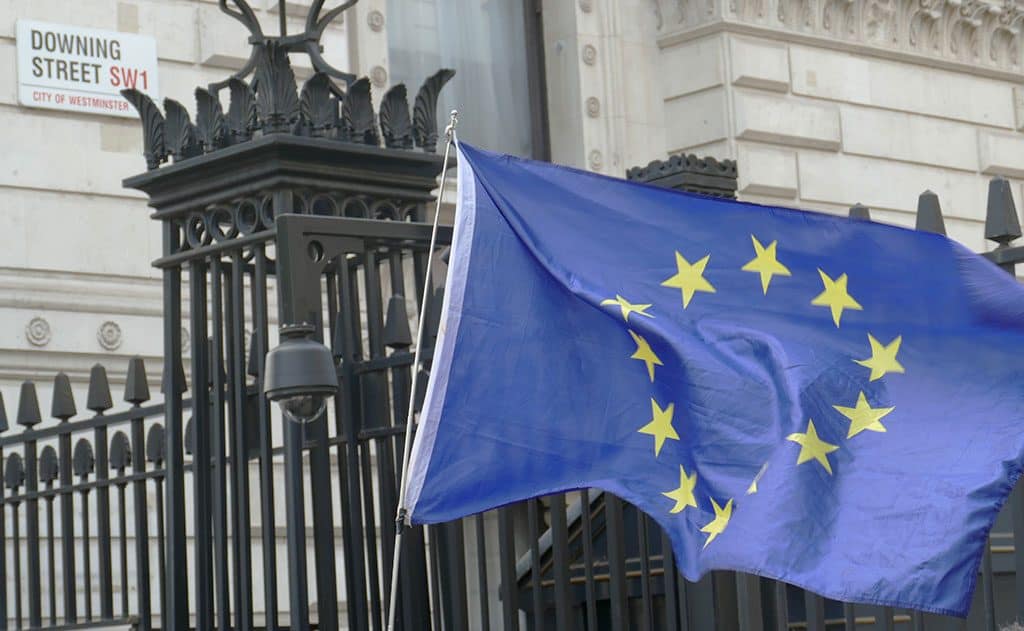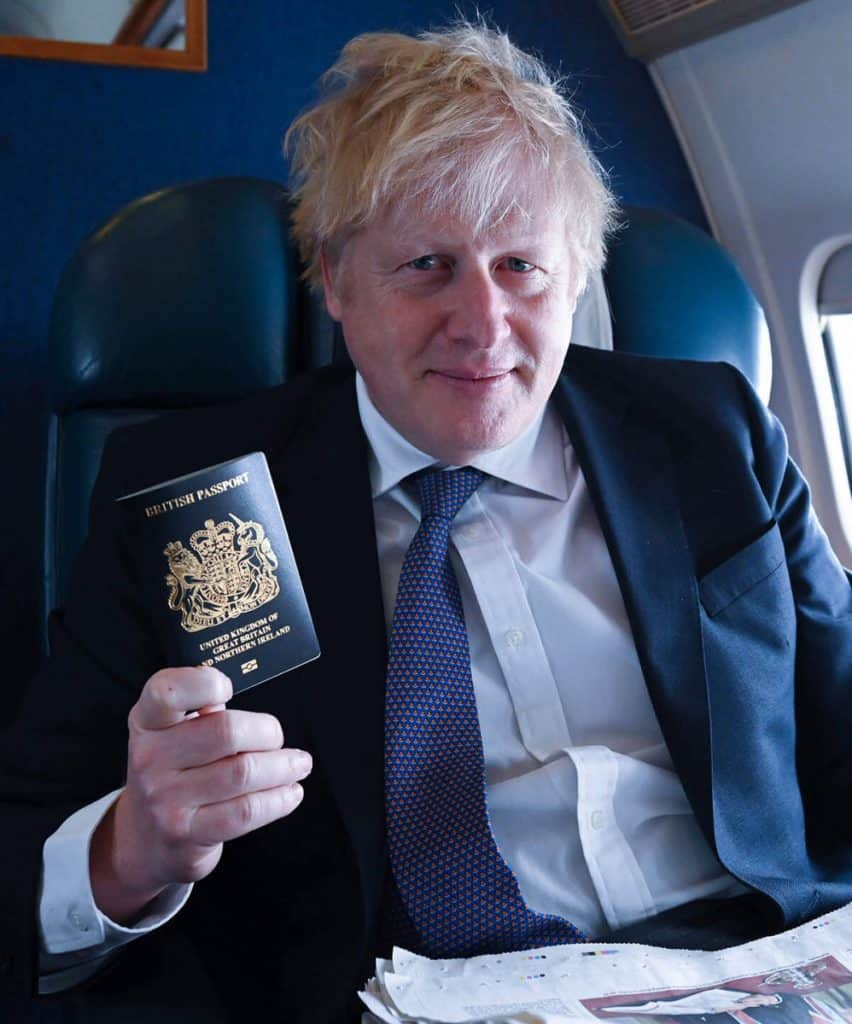While the rest of the world is focused on the Covid pandemic and its impact on global health, trade and travel, in the UK we have our own little challenge to face – and unlike Covid there is no vaccine for a no-deal Brexit.

With the transition period running down the clock until it strikes for a final time at the end of the year, the distinct possibility remains that when our collective heads clear on the 1 January 2021, it will be to a no-deal Brexit world.
Of course, there is still time for a deal to be concluded, but at the very least companies should prepare for the possibility of a no-deal Brexit, especially as regards business travel.
Below are some areas that are extremely likely to be affected by a no-deal Brexit.
No-deal Brexit Border Control
While there will be no change for EEA nationals entering the UK for visits less than three months, the same might not apply in reverse. With the exception of Ireland where there will be no change in current arrangements, UK citizens will no longer be entitled to use the EEA security gates. Also, you may have to verify your return or ongoing tickets, purpose of visit, and prove you have sufficient money for your stay. This is notwithstanding any restrictions upon entry imposed as part of Covid health measures. Allow for longer queuing at immigration in both directions.
Visas
The good news is that the EU has exempted UK nationals from the need to secure a Schengen-visa for any stay of up to 90 days (out of any 180-day period). The same applies for EEA nationals visiting the UK. When people are staying for longer than three months, it is likely that they will be required to obtain a resident permit or visa.
You will also be able to travel between countries in the Schengen area without needing to obtain a visa. Travel to Bulgaria, Croatia, Cyprus, and Romania will not be included in your 90-day limit. If you are travelling for business, the country you are visiting may have its own entry requirements. You are advised to check what these are for the countries you visit.
Long term, the EU is looking to implement a European Travel Information and Authorisation System (ETIAS), along the lines of the US ESTA. ETIAS will be valid for three years, and cost €7, with applications made online. It is likely that the ETIAS system will be implemented towards the back end of 2022.
Passports

All UK passport holders must ensure that their passports are valid for at least six months prior to visiting the EU. They should also be less than ten years old. If in doubt you can use this online passport checker. The six-month rule will not apply for travel to Ireland, which is part of the Common Travel Area.
Air transport
Point to point aviation connectivity between the UK and the EU will be maintained through the ‘bare bones’ agreement that has already been established. The UK’s Department for Transport (DfT) is negotiating bilateral air service agreements with non-EU countries, such as the US and Canada.
The UK will continue to be a member of the European Air Safety Agency (EASA), at least until a Bilateral Aviation Safety Agreement (BASA) is agreed with the EU. Current air passenger rights, including those regarding compensation for delay, will still apply.
Rail transport
It is expected that Eurostar and Eurotunnel will be unaffected by a no-deal Brexit. Both EU law and national laws will apply. Current rail passenger rights, just like air passenger rights, will remain unaffected by Brexit.
Driving licences
It is not known whether UK driving licences will be recognised within the EU. There are three types of International Driving Permits (IDPs), which might be valid depending upon where in the EU you are driving, and your length of stay. Government guidance on this subject can be found here.
EU driving licences will be valid in the UK after Brexit.
At least in principle the current Green Card scheme, which covers vehicle insurance, is set to be continued. You will need to carry a physical version of the card.
Travel insurance and healthcare
Regardless of whether there is a deal or not, the UK Government advises all travellers to the EU to take out appropriate travel insurance and healthcare. It is anticipated that in the advent of a no-deal Brexit, the EHIC will no longer be valid. You should check the level of state-provided healthcare in the country you are visiting and take appropriate provision. You could also visit the gov.uk country-specific webpage for further advice. Prescriptions issued in the UK will not be recognised in the EU post-transition. If you have a pre-existing health condition you should ensure that this is covered by your healthcare insurance.
Mobile roaming

Current EU rules regarding roaming fees will cease to apply to UK mobile operators. However, the four main UK operators have said they have no plans to reintroduce roaming fees. You should check whether your company intends to introduce roaming charges. In any case, operators will not be able to charge users more than £45 per month for data charges without notifying customers in advance. They also must notify you when you have reached 80% and 100% of your data allowance.
Pets
Pet passports will no longer be valid in the EU. The UK Government has applied for England, Scotland and Wales to be included in a list of countries where dogs, cats – and ferrets – can enter the EU under current regulations.
Duty Free
Unfortunately, there will no longer be tax-free sales of goods such as electronics and clothing at airports. But, it is not all bad news as the Treasury has announced that travellers from the UK to England, Scotland and Wales can buy duty-free shopping on journeys by land, sea, or air – the current tax and duty regime will continue in Northern Ireland. Duty free allowance will be 18 litres of wine, 42 litres of beer, 4 litres of spirits, and 200 cigarettes.






